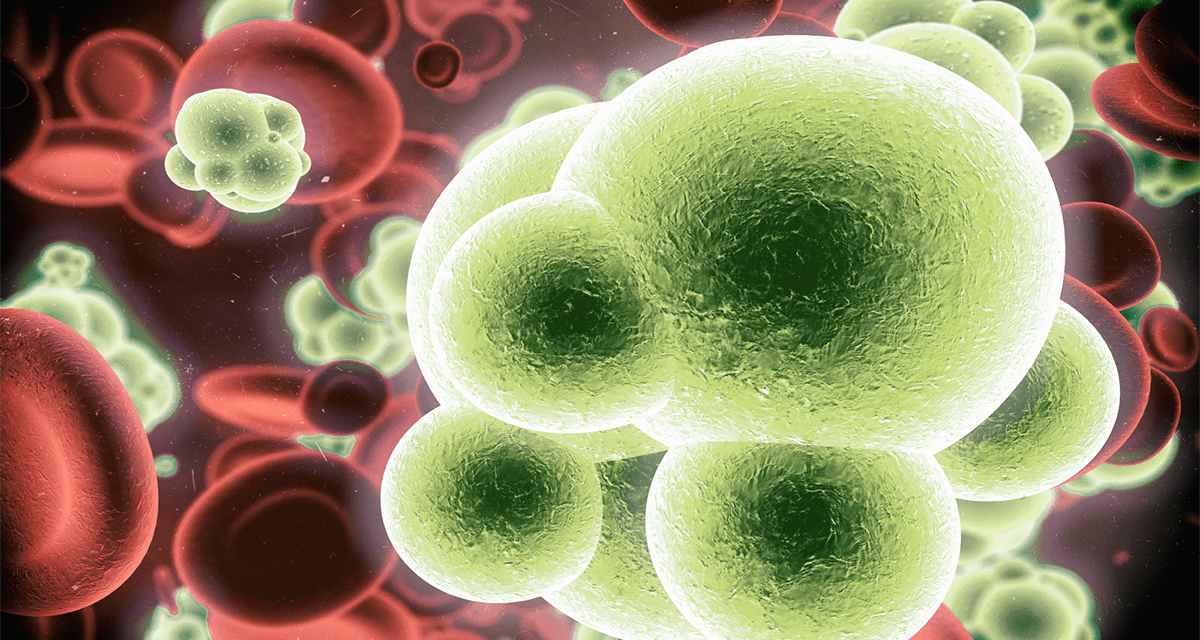To investigate the clinical characteristics of children and adults with anti-N-methyl-D-aspartate receptor (anti-NMDAR) encephalitis.
Patients who tested positive for the anti-NMDAR antibody (by a cell-based assay) in the cerebrospinal fluid were enrolled. They were divided into two groups based on age (<16 years or older).
Three children (two males and one female) and four adults (one male and three females) were examined. The age at onset was 3.0 ± 1.41 years (range: 2-5 years) for the children and 31.8 ± 6.80 years (range: 20-36 years) for the adults. The follow-up duration was 82.7 ± 23.80 months (range: 52-110 months) for the children and 61.5 ± 12.54 months (range: 43-78 months) for the adults. Prodromal symptoms such as fever and headache were observed in three adults. Two children received influenza vaccination before the onset of encephalitis. Brain magnetic resonance imaging abnormalities were observed in three children and one adult. Basal ganglia lesions were observed in two children and one adult, and the two children showed dystonia. Two children and one adult without neoplasms experienced recurrences. The modified Rankin Scale scores at the final follow-up tended to be worse in children than in adults.
Three patients had basal ganglia lesions, and two of them showed dystonia. Dystonia with basal ganglia lesions has been rarely reported in anti-NMDAR encephalitis but should be noted as a significant symptom, which severely affects the activities of daily life.
Copyright © 2020 Elsevier B.V. All rights reserved.
Clinical characteristics of children and adults with anti-N-methyl-D-aspartate receptor encephalitis.


